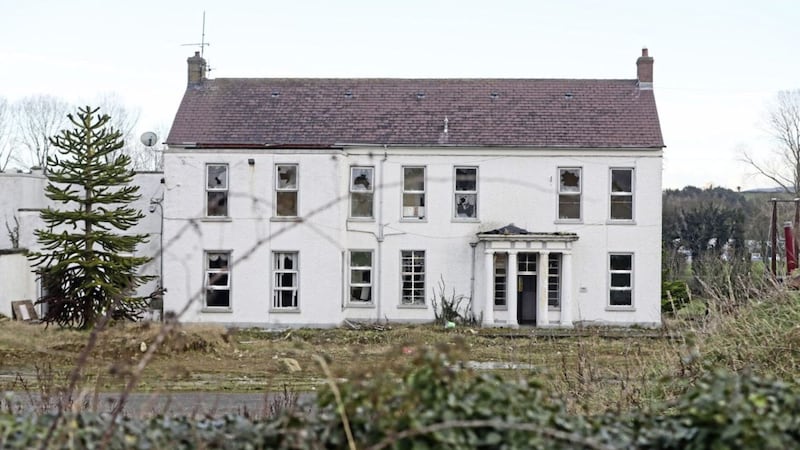IT is unusual to write a column on the same subject twice in a row. But then it's also unusual for two major reports, covering mother and baby homes in the Republic and the north, to be released in the same month.
Archbishop Eamon Martin said January 2021 "will go down in history as the time when the people of Ireland - north and south - came face to face with a stark reality of our past which we preferred would remain hushed and hidden - the way we stigmatised and harshly judged many vulnerable pregnant women in crisis and treated them and their children in such a cold and uncaring manner".
I'm not so sure that Irish society really has come face to face with our past. That would require action - financial redress, unequivocal apologies from all the Churches, Orders, charities and state agencies who were involved in running homes for unmarried mothers and their babies, and a hard look at the role of the children's fathers.
Where were the fathers? Both reports make clear that society saw crisis pregnancies as entirely the fault of the woman.
The children's fathers were not only never asked to live up to their responsibilities, they were allowed to absent themselves from their babies' lives and carry on as if nothing had happened.
Children born outside marriage were seen, not as human beings, but as inconveniences. One woman told BBC Radio Ulster's Evening Extra last week that her father was so angered by her pregnancy that he tried to force a miscarriage.
"Dad grabbed me... walked me to the top of the stairs... and he pushed me and said, 'I'll get rid of that thing out of you'," she said.
The attack didn't happen in the 1940s or even 1960s. It happened in 1986.
The report into mother and baby homes, Magdalene laundries and state-run homes in the north, published last week, was not as comprehensive as the one published in the Republic earlier this month.
However, it should be noted that the remit for researchers in the north was narrower, the report was a research document and, unlike the document in the Republic, it was not compiled by a commission of investigation.
"Dad grabbed me... walked me to the top of the stairs... and he pushed me and said, 'I'll get rid of that thing out of you"," she said. The attack didn’t happen in the 1940s or even 1960s. It happened in 1986
Information gaps in both reports raise the question, once again, why both jurisdictions did not team up to carry out a comprehensive island-wide investigation. Was such a probe ever even discussed?
Huge questions remain which will require further investigation in the north.
Why were rape and incest victims sent to the homes? Were those responsible for sexual crimes even reported to police? How many children were moved across both sides of the border for adoptions which, at best, were only carried out after huge pressure was put on vulnerable pregnant women to hand over their children? How many babies actually died?
Although researchers were not asked to look at separate baby homes, where around a third of babies from mother and baby homes were sent, they did investigate one home, St Joseph's in Belfast.
In the 1920s, death rates in the home were as high as 50 per cent. It's possible that hundreds of babies, perhaps more, died in the north due to a lack of care.
Last week's report also highlighted how sexual abuse was a feature of so many cases - abuse carried out when the women were younger, at the time they fell pregnant and, in some particularly harrowing accounts, in the homes where they were supposed to be safe. Were these crimes reported?
Journalists have to retain a sense of distance from the subjects they write about. But it's difficult not to feel anger at how our island has treated unmarried women and their children.
Babies should never have been separated from their mothers, nor should those women or their children ever have been forced to carry the huge burden of shame throughout their entire lives.
Society still hasn't moved on as quickly as it should. Why it has taken us more than a century to address this widespread cruelty?
For a country proud of its Christian roots, we have consistently shown an inability to love thy neighbour as thyself.
The shame which, for so many decades, was imposed on vulnerable women, should instead be shared by those, their families included, who should have looked after them.








